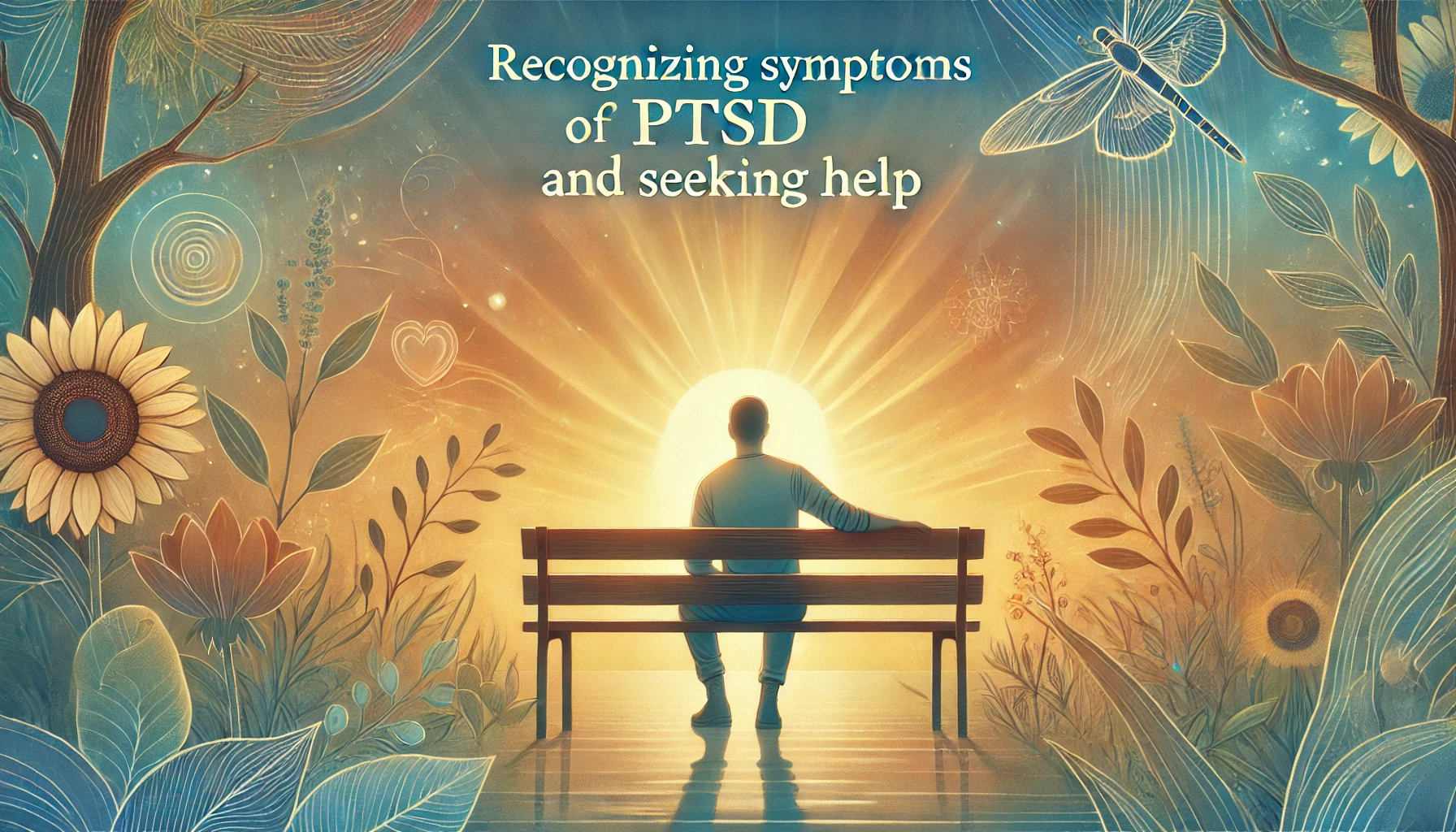The Emotional Toll of Chronic Pain: How to Manage Mental Health

Chronic pain impacts more than just the body; it takes a significant toll on mental health as well. For individuals living with persistent pain, the associated stress, anxiety, and emotional challenges can feel overwhelming. Here is more information on the emotional effects of chronic pain and some ways to manage the mental strain effectively:
The Emotional Impact of Chronic Pain
Living with chronic pain may lead to feelings of frustration, sadness, and isolation. These emotional effects arise for several reasons. Pain often limits daily activities and reduce participation in hobbies or social interactions. This physical limitation may lead to a loss of identity, as individuals may struggle to engage in tasks they once found fulfilling.
Sleep disruptions are also common in people with ongoing pain, which exacerbates mood swings and decrease emotional resilience. The cycle of pain and sleeplessness often leads to heightened anxiety, which may affect relationships and create a sense of helplessness. For some, these ongoing difficulties result in long-term mental health concerns. Understanding the emotional toll pain can have is the first step in finding effective ways to cope and maintain a better quality of life.
Strategies to Manage Mental Health
Although persistent pain presents unique mental health challenges, here are some tools and techniques that can help:
Build a Support Network
Developing a support network is a key aspect of managing the mental health complications of persistent pain. Connecting with people who understand your experiences can reduce feelings of isolation. This might look like attending support groups, joining online communities for persistent pain sufferers, or sharing your experiences with close family and friends.
Another aspect of building support is consistent engagement with healthcare professionals. A therapist or counselor trained in pain management can provide coping techniques tailored to your needs. Positive social support eases the mental burden of chronic pain and can increase emotional resilience.
Practice Stress Management Techniques
Stress often worsens the perception of pain, creating a feedback loop that can disrupt emotional well-being. Mind-body techniques designed to counteract stress, such as deep breathing or guided meditation, help to regulate emotional responses during moments of acute discomfort.
Progressive muscle relaxation is another useful method. It involves systematically tensing and relaxing different muscle groups to provide both physical and mental relief. Many presistent pain sufferers also benefit from mindfulness practices, which help shift mental focus away from the pain to more neutral, productive thoughts.
Maintain a Routine
A structured daily routine creates predictability and helps reduce feelings of helplessness associated with persistent pain. Keep a daily planner to organize tasks, integrate breaks, and feel a sense of accomplishment in completing goals. Adjusting your expectations will be necessary some days, but tracking successes is helpful for many patients.
Finding creative outlets is another way to stay mentally engaged. Activities such as journaling, painting, or even listening to music may provide small but meaningful mental breaks from the focus on discomfort. Regular activity that aligns with your interests can promote emotional health and foster a renewed sense of purpose.
Get Help With Your Chronic Pain
Chronic pain creates a steep emotional burden, but understanding the impact and implementing effective strategies may help mitigate the challenges. Building a support network, managing stress, and maintaining a structured routine are proven ways to care for mental health while navigating the complexities of persistent discomfort. Professionals experienced in persistent pain treatment can assist with personalized strategies.



